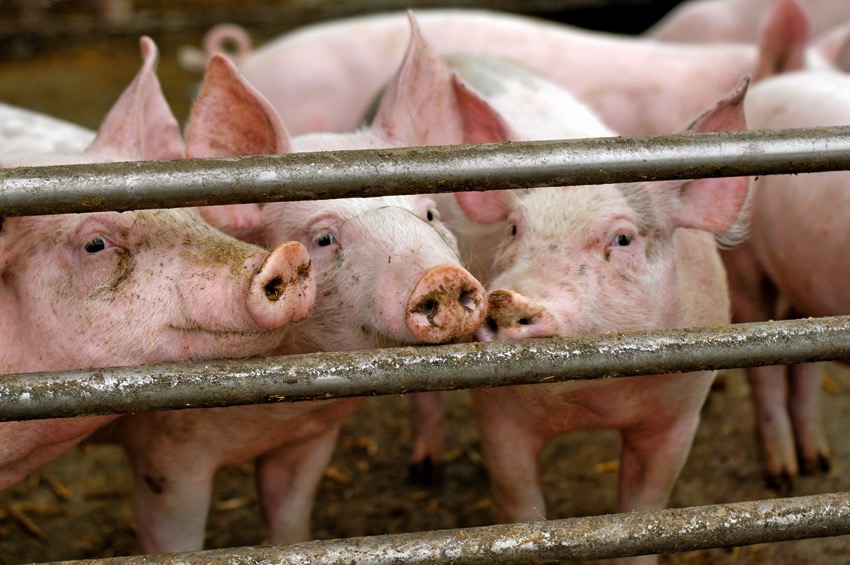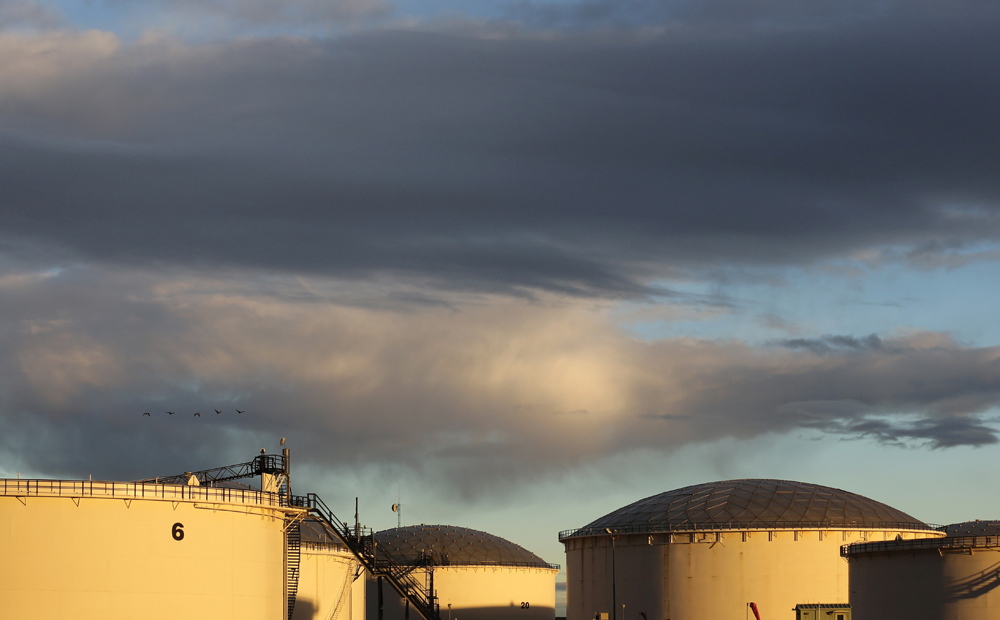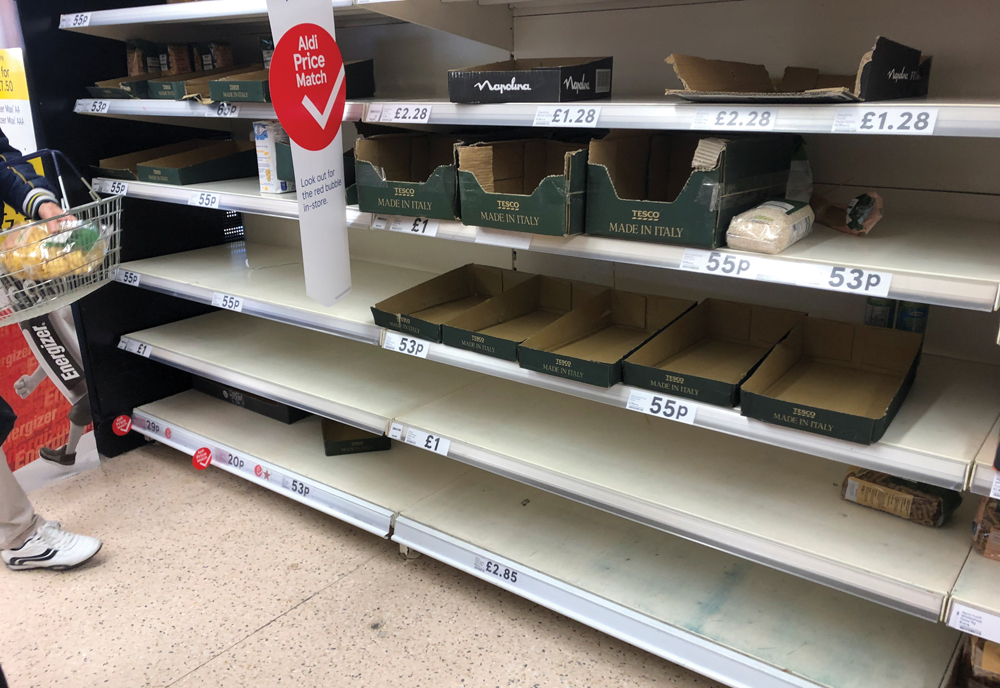Canola values incurred sharp losses during the week ended Jan. 31, steadying only slightly at mid-week thanks to support from the Canadian dollar.
Headlines have been dominated by the rapidly spreading coronavirus outbreak, which originated in the Chinese city of Wuhan. As of Jan. 31, nearly 10,000 cases have been reported, and over 150 lives lost.
Financial and commodity markets alike have been haunted by these headlines, as the disease calls into question future demand for crude oil and other commodities. However, economists have said it is too soon to predict the impact the disease will have on China’s economy.
Read Also

Canadian canola prices hinge on rain forecast
Canola markets took a good hit during the week ending July 11, 2025, on the thought that the Canadian crop will yield well despite dry weather.
The World Health Organization convened Jan. 30 to declare the spreading virus a global public health emergency. The announcement did manage to quell some jitters in the markets, but the Dow dropped a total of 815 points from six-month highs hit earlier in the month.
One bright spot on the horizon for canola prices is the Canadian dollar. The dollar has also fallen considerably from six-month highs. During the first week of January, the Canadian dollar was around 77.7 U.S. cents, but since then, its value has dropped by approximately two cents. A weakening currency makes canola exports relatively attractive on the global market.
Soyoil values on the Chicago Board of Trade also steadily dropped throughout the month of January, weighing on canola prices. On the first trading day of 2020, the March soyoil contract was 35.11 U.S. cents/lb. The March contract has since dropped about five cents, hovering around harvest time contract lows.
The Canada-U.S.-Mexico Agreement, which will replace NAFTA, inched closer to ratification this week. U.S. President Donald Trump signed the deal Jan. 29. Earlier in the week, the Canadian government kicked off the ratification process and introduced the bill in Parliament. The Liberal minority government does not control the House of Commons and must rely on the co-operation of opposition legislators to get the bill signed.




















